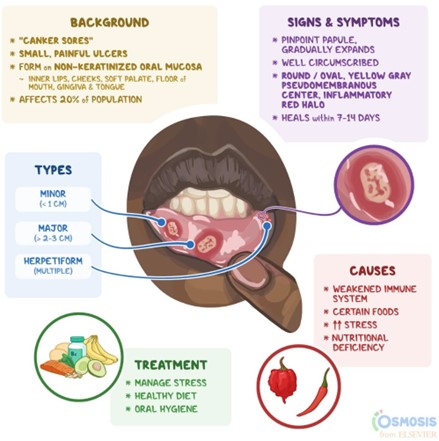The parents of a one-year-old child with the diagnosis of hypospadias informed the practical nurse (PN) that they plan to delay corrective surgery to see if the child will outgrow the problem. Which information should the PN provide to these parents?
Whatever the parents decide, the staff will be available to support the decision.
The child's prognosis will not develop complications if surgery is delayed.
Some children do outgrow this type of problem and waiting may be beneficial.
Ask the parents to explain what they understand about the child's diagnosis.
The Correct Answer is D
The correct answer is choice d. Ask the parents to explain what they understand about the child’s diagnosis.
Choice A rationale:
While it is important to support the parents’ decisions, this choice does not address the need for the parents to have accurate information about the condition and its potential complications.
Choice B rationale:
This statement is incorrect. Delaying surgery for hypospadias can lead to complications such as urinary problems, infections, and issues with sexual function later in life.
Choice C rationale:
This is misleading. Hypospadias does not typically resolve on its own, and waiting can result in complications that may require more complex surgical interventions.
Choice D rationale:
This choice is correct because it encourages the parents to share their understanding of the diagnosis, allowing the nurse to provide accurate information and address any misconceptions. This approach ensures that the parents make an informed decision based on a clear understanding of the condition and its implications.
Nursing Test Bank
Naxlex Comprehensive Predictor Exams
Related Questions
Correct Answer is B
Explanation
Stomatitis refers to the inflammation of the mouth and oral mucosa, which can cause pain and difficulty swallowing. In the context of a client receiving chemotherapy, stomatitis is a common side effect that can occur due to the effects of chemotherapy on rapidly dividing cells, including those in the oral cavity. When a client develops stomatitis, it is important for the practical nurse (PN) to obtain information about the client's ability to swallow during a focused assessment. This is because stomatitis can significantly impact a client's ability to eat and drink comfortably, which can lead to dehydration and malnutrition. Assessing the client's ability to swallow helps determine the extent of the issue and guides appropriate interventions and support.
Let's briefly evaluate the other options:
a) Urinary output.
Urinary output is not directly related to stomatitis. Stomatitis primarily affects the oral cavity, and its impact on urinary output is minimal or nonexistent. While monitoring urinary output is important for assessing hydration status, it is not the priority in this situation.
c) Frequency of bowel movements.
The frequency of bowel movements is unrelated to stomatitis. Stomatitis primarily affects the mouth, and its presence does not directly influence bowel movements. Assessing bowel movements may be relevant for other concerns, but it is not specifically related to stomatitis.
d) Blood pressure while standing.
Blood pressure while standing, also known as orthostatic blood pressure, is not directly relevant to stomatitis. Stomatitis primarily affects the oral cavity and does not typically have a direct impact on blood pressure. Assessing blood pressure while standing may be appropriate for other health concerns, such as orthostatic hypotension, but it is not the priority in this situation.
In summary, when a client receiving chemotherapy develops stomatitis, the practical nurse should focus on assessing the client's ability to swallow as it directly relates to the impact of stomatitis on the client's nutrition and hydration.

Correct Answer is B
Explanation
Choice B rationale:
Explaining that the client will start to lose consciousness and the body systems will slow down is the best response. This is a common pattern in the dying process, and it provides the wife with a clear and compassionate explanation of what to expect as her husband's death approaches.
Choice A rationale:
Gathering information regarding how long it will take for the children to arrive is important but does not address the immediate need for information on the dying process.
Choice C rationale:
Offering to discuss the client's health status with each of the adult children is a good approach for involving them in their father's care but does not provide the immediate information the wife is seeking.
Choice D rationale:
Reassuring the spouse that the healthcare provider will notify when to call the children does not offer information about the dying process itself, which is what the wife is interested in understanding.
Whether you are a student looking to ace your exams or a practicing nurse seeking to enhance your expertise , our nursing education contents will empower you with the confidence and competence to make a difference in the lives of patients and become a respected leader in the healthcare field.
Visit Naxlex, invest in your future and unlock endless possibilities with our unparalleled nursing education contents today
Report Wrong Answer on the Current Question
Do you disagree with the answer? If yes, what is your expected answer? Explain.
Kindly be descriptive with the issue you are facing.
